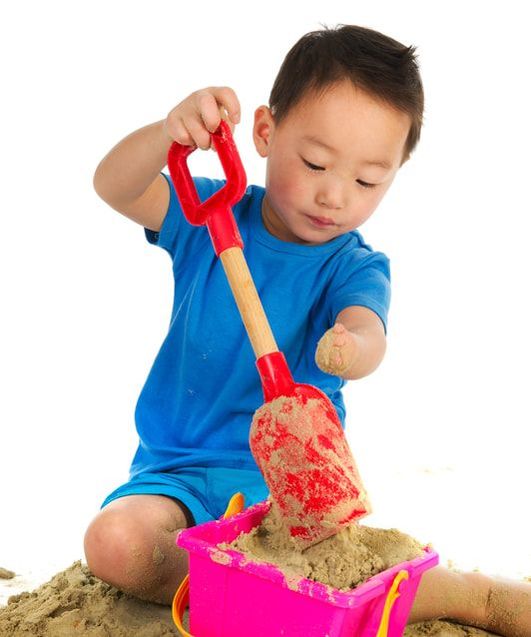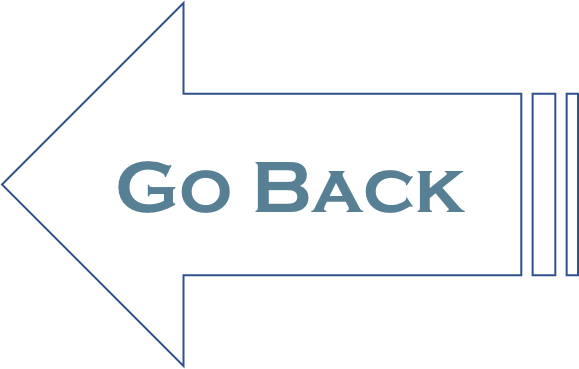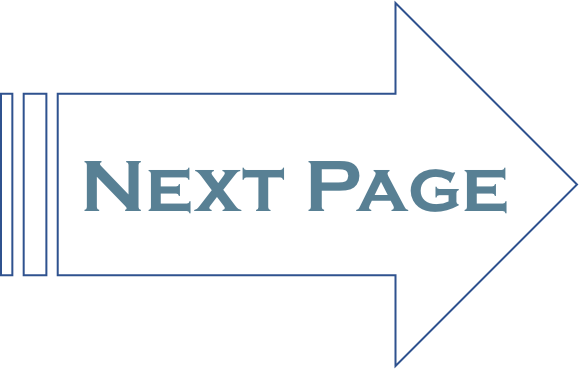Supporting Students with Physical Disabilities |
Page 10 |
Physical disabilities can be related to a number of conditions and can also be permanent or temporary. Children with physical disabilities can have difficulties with immobility, walking, gross motor or fine motor skills. It is important to have the classroom and outdoor spaces accessible for everyone.
|
The following are some suggestions to assist with physical disabilities:
|
Rearrange the Classroom
In most cases, a child who has a physical disability will also need a wheelchair or other aid to assist them. It is necessary to make space in the classroom so that the child can move about freely just as their classmates do. Move chairs and tables far enough apart on all sides to provide room and make sure that any learning centers or other areas of the classroom are completely accessible in width and height. Also, be sure that the restrooms, toilets, tables, and outdoor areas are accessible for students.
In most cases, a child who has a physical disability will also need a wheelchair or other aid to assist them. It is necessary to make space in the classroom so that the child can move about freely just as their classmates do. Move chairs and tables far enough apart on all sides to provide room and make sure that any learning centers or other areas of the classroom are completely accessible in width and height. Also, be sure that the restrooms, toilets, tables, and outdoor areas are accessible for students.
Inclusive Activities
One of the most important things to do to create an inclusive classroom for students with physical disabilities is to make sure they are not left out of any activities. Certain activities may require the student to have an aid or assistant to help them, however this should not be a constant solution as the child should have opportunities to be independent. There are many resources on the internet to provide examples of activities, although you can usually adjust a typical activity to include everyone. A few examples include scarf dancing, art projects, use puzzles with knobs, play obstacle courses, etc.
One of the most important things to do to create an inclusive classroom for students with physical disabilities is to make sure they are not left out of any activities. Certain activities may require the student to have an aid or assistant to help them, however this should not be a constant solution as the child should have opportunities to be independent. There are many resources on the internet to provide examples of activities, although you can usually adjust a typical activity to include everyone. A few examples include scarf dancing, art projects, use puzzles with knobs, play obstacle courses, etc.
Keep the Floor Safe
If a child in your classroom has a device such as a wheelchair or any other aid, make sure that the floor is always clear of toys and debris and that all chairs are pushed in to avoid safety hazards. If children are playing with a large collection of toys then be sure that they keep the toys in a small area that is out of the way to prevent falls.
If a child in your classroom has a device such as a wheelchair or any other aid, make sure that the floor is always clear of toys and debris and that all chairs are pushed in to avoid safety hazards. If children are playing with a large collection of toys then be sure that they keep the toys in a small area that is out of the way to prevent falls.
|
Motor Skills
Children with fine or gross motor issues should be provided with plenty of opportunities and encouragement to work on their motor skills. It is also important to keep these activities enjoyable and to keep the child’s interests in mind. Examples of activities for practicing fine motor skills include block play, play dough, puzzles with knobs and handles, cutting paper, art that involves paint brush or coloring, using tongs to pick up small items, water tables with toys, etc. Examples of activities that involve gross motor skills include running, jumping, playing catch, dumping out toys and refilling the bin, yoga, dancing, etc. |
Optional Resources for Further Study
- 18 Fine Motor Activities for Preschoolers, Mess For Less, February 11, 2013 By Vicky
- Promoting the Inclusion of Infants and Young Children with Disabilities in Child Care, Philadelphia Inclusion Network a program of Child and Family Studies Research Programs at Thomas Jefferson University
- Guide to Promoting Inclusion in Early Childhood Programs, Delaware Health and Social Services Birth to Three Early Intervention System Delaware Department of Education



